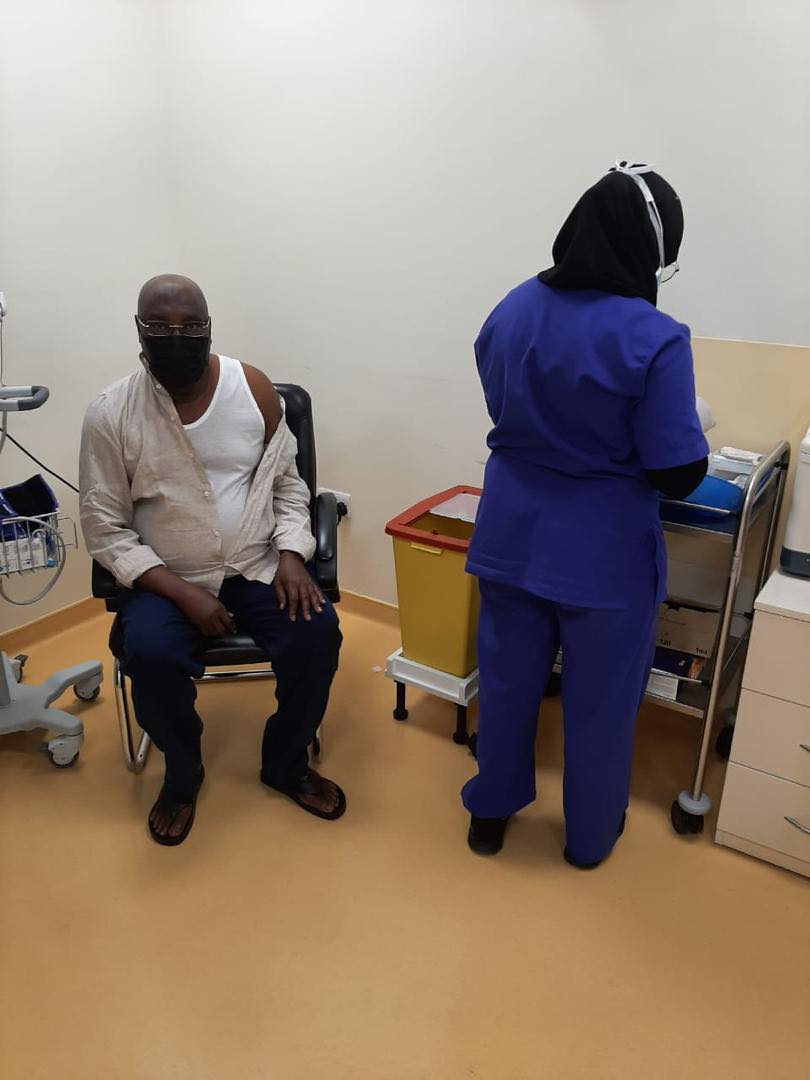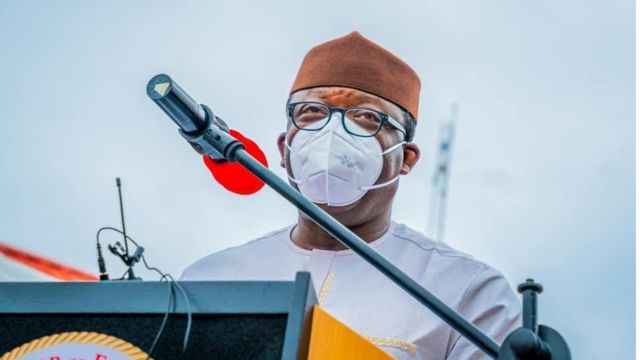By Owei Lakemfa
UNITED Kingdom, the small but mighty country which has the history of invading 178 or 90 per-cent of the countries on earth, has taken on the European Union, EU, in a COVID-19 vaccines war.
The war which is the first of expected post-Brexit wars, is on account of the former’s voracious nature and age-long tendency to acquire far more than it can possibly need.
The UK with a population of 67,886,011 or 0.87 per-cent of total world population, has turned itself into a world coronavirus vaccine super power by mopping up vaccines around the world. It acquired 100 million of the vaccines from the British-based AstraZeneca company, another 100 million from the French Valneva, 40 million from Pfizer, 17 million from the American Mordena and 60 million doses from another American producer, Novavax. It also placed orders for 30 million of the vaccines from Janssen, a subsidiary of Johnson & Johnson and 60 million from GSK/Sanofi making it a total 407 million COVID-19 vaccines for its less than 68 million citizens.
Given its own needs, the knowledge that Britain has far more vaccines in excess of its immediate and future needs, and the announcement by Astrazeneca that it would cut vaccine deliveries to Europe before the end of March from 80 million to 31 million, the EU asked that tens of millions of COVID-19 vaccine doses earmarked for Britain be diverted to Europe to meet its shortfall in deliveries. This shortfall was already snowballing into a political crisis in the EU with some members like Hungary threatening to break ranks by going on their own to shop for vaccines.
Today, we face two basic facts. First, with massive vaccination in rich countries, the poor around the world are likely to die of COVID-19 first. But the second truth is that so long as COVID-19 continues its rampage in the world, the rich will also be infected or re-infected and die later. No country in the world will be safe from COVID-19 unless all countries are safe.
Although the EU’s order with AstraZeneca came three months after the British, the Europeans felt in the circumstances they found themselves, Britain should accommodate their needs. The EU Commissioner for Health and Food Security, Stella Kyriakides, a Cypriot, argued: “We reject the logic of ‘first come, first served’ – that may work at the neighborhood butchers but not in contracts.”
However, Britain refused. A British senior Minister, Michael Gove said: “I think we need to make sure that the vaccine supply that has been bought and paid for, procured for those in the UK, is delivered…Our priority has to be making sure that the people in our country who are vulnerable and who have been targeted for vaccination, receive those jabs in those arms.”
In retaliation, some EU lawmakers threatened to stop some of the 40 million British orders for Pfizer vaccines produced in Belgium. They are also considering a review of the open border agreement between the EU and Northern Ireland (part of the UK) which provides for no controls on exported products.
But the EU-UK vaccines ‘war’ is like a siblings spat. The real wars are between the rich or developed countries and the poor or underdeveloped countries. The World Health Organisation, WHO, estimates that 95 per cent of the COVID-19 vaccines available are in the hands of ten rich and powerful countries. Out of the world’s 29 poorest countries, only Guinea in West Africa has witnessed some token vaccination; only 55 persons in a population of more than 12 million!
Seychelles with a population of about 100,000 on January 10, was the first African country to begin the vaccination of its populace. Morocco followed ten days later, having received two million doses of AstraZeneca vaccines. Rwanda with a population of 12 million, was the first East African country to administer the vaccine having acquired 1,000 doses of the Moderna vaccine.
Zimbabwe has joined South Africa in the South Region in vaccination after receiving 200,000 Sinopharm vaccines donated by China. Additionally, it purchased 600,000 doses of the Sinopharm vaccines due for delivery in early March. But it has a population of 16.4 million which means it requires millions of more vaccines. Zimbabwe wants to buy 20 million doses at $100 million to immunise 60 per-cent of its population. That is $5 per vaccine. In contrast, Senegal wants to buy 200,000 doses of the Sinopharm COVID-19 vaccine at $3.7 million. That is $18.5 per jab.
The rich-poor divide is best reflected in European and African countries. For instance, where the UK has access to 407 million COVID-19 vaccines for its 68 million people and has vaccinated 15 million of its citizens, Nigeria, the largest Black nation in the world with a population of over 200 million persons, has zero vaccines and no vaccination. The handful of Nigerians that might have been vaccinated did so abroad with some traveling to Dubai for the jab.
In fact, as at this week, only seven of the 55 countries in Africa have received vaccines, some of them, as shown in the case of Guinea, are in tiny experimental numbers. Perhaps the African countries are waiting for the promises of the African Union which says it is procuring 670 million doses for the continent.
But the situation of the poor countries is different from those on whom powerful countries imposed unilateral sanctions to the extent of denying them basic drugs to fight COVID-19. This is the case of American sanctions against countries like Iran and Venezuela. Yet, this category of countries are different from poor and powerless countries which are at war and for whom even the provision of free vaccines may not lead to vaccination.
Ironically, the UK which is involved in COVID-19 vaccine imperialism and is actively involved or is a major instigator in the unending wars in Syria, Libya, Afghanistan, and Yemen, is presenting itself as the leading crusader to vaccinate people in those countries. Its Foreign Secretary Dominic Raab said: “Global vaccination coverage is essential to beating coronavirus …We have a moral duty to act, and a strategic necessity to come together to defeat this virus.” Perhaps the UK and other countries hoarding the vaccines want to release some to the war-torn countries.
But the essential step is for the powerful countries to end these needless wars which will directly save lives. Secondly, they can open the warehouses where they are hoarding the vaccines and allow them to flow through the world. Thirdly, they can allow generic production of the vaccines just as it happened to the AIDS/HIV retroviral drugs. This will not only lead to crashing the prices of the vaccines but would also encourage mass production across the universe.
Today, we face two basic facts. First, with massive vaccination in rich countries, the poor around the world are likely to die of COVID-19 first. But the second truth is that so long as COVID-19 continues its rampage in the world, the rich will also be infected or re-infected and die later. No country in the world will be safe from COVID-19 unless all countries are safe.
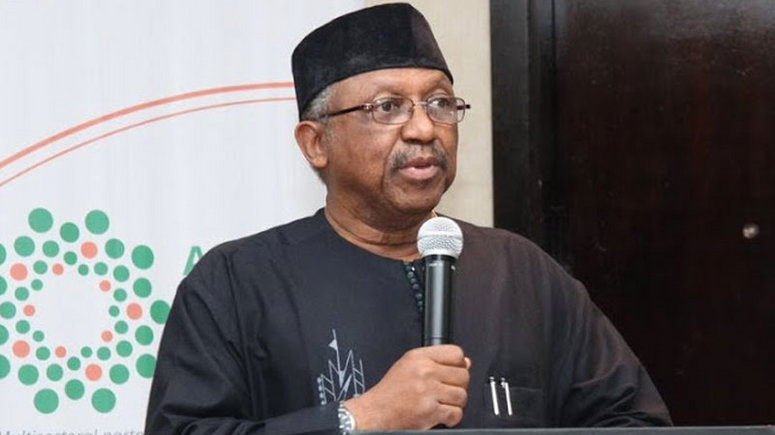
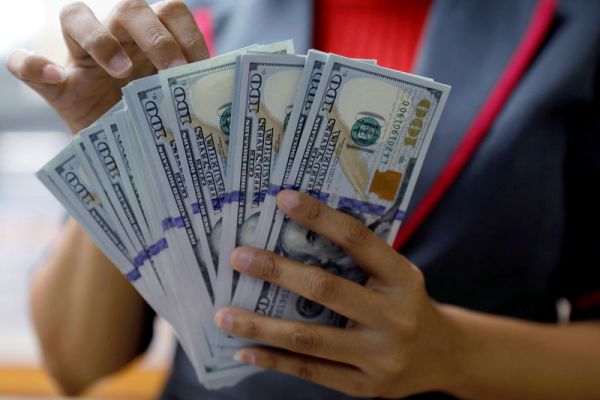

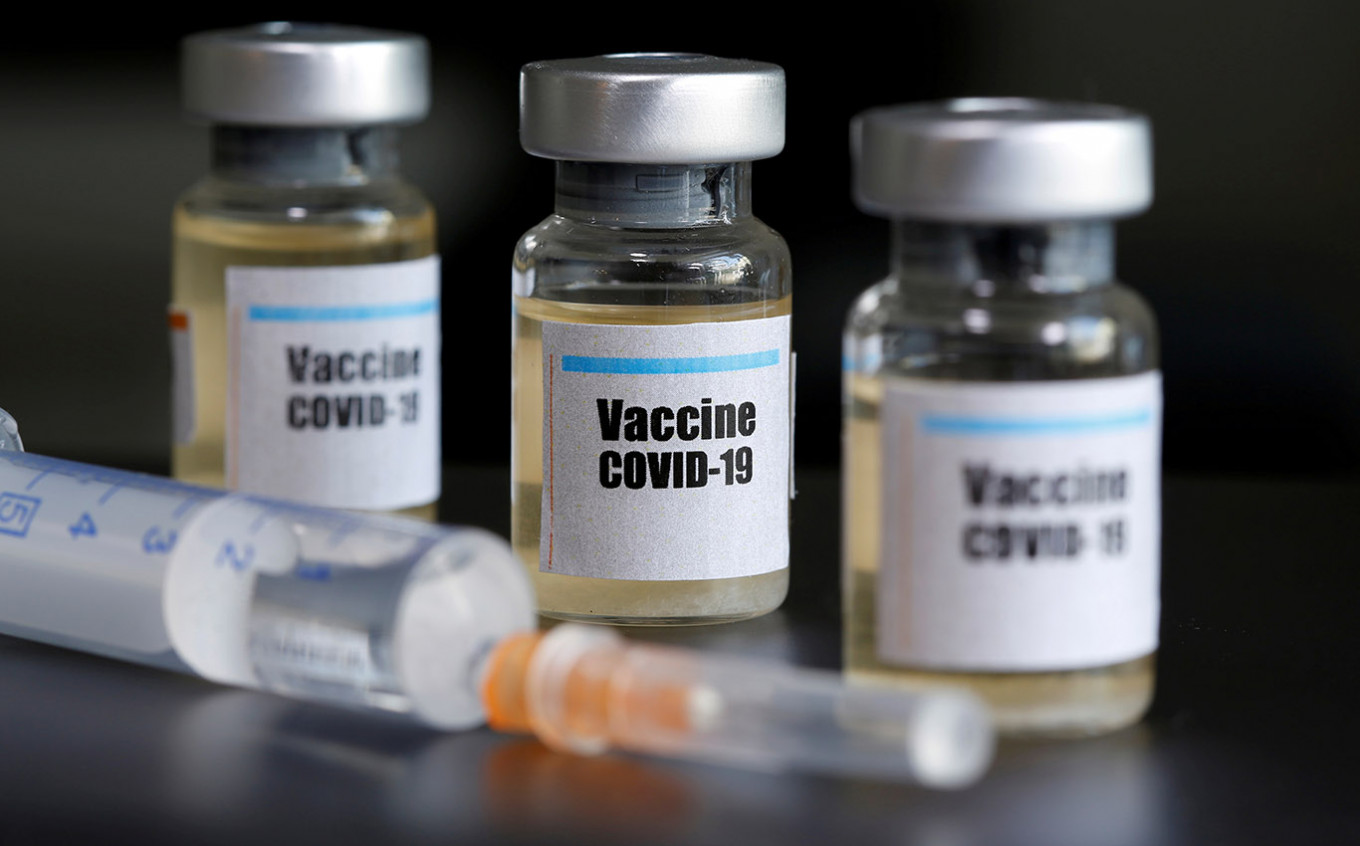
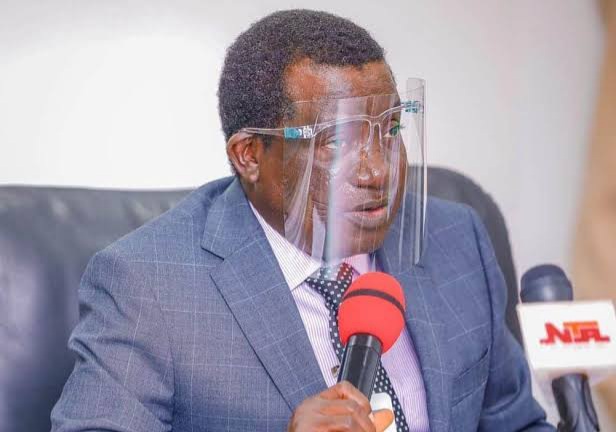
![JUST IN: Atiku receives second dose of COVID-19 Vaccine in Dubai [Photos]](https://thenewsguru.ng/wp-content/uploads/2021/01/Atiku-2nd-vaccine-i.jpg)
